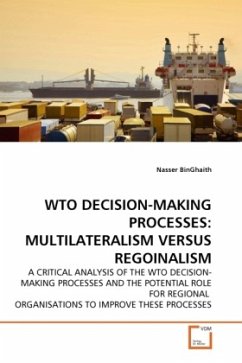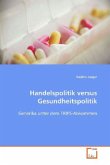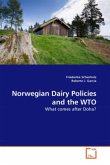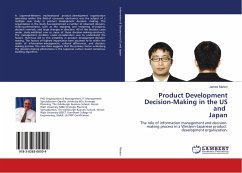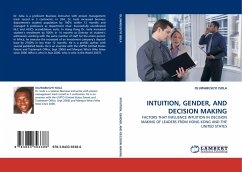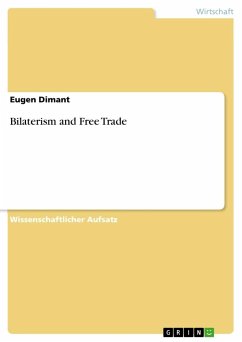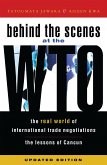This book is very useful for those who want to know what the World Trade Organization is all about. It provides a third world country's view of international organizations in general and economic international organization in partucular. The author adopted a new approach and angle in analyzing the collective decision-making process of World Trade Organization by constructing a four-element test (Inclusiveness-Efficiency- Transparency-Fairness). He successfully managed to pin down the main faults and paradoxes of the World Trade Organization's institutional process namely the decision-making processes both formal and informal. The author also, with great level of success, managed to tackle this complex issue by putting forward a rather novel proposition suggesting that regionalism and multilateralism are two complementary rather than conflicting concepts. He argues that regional arrangements has a constructive role to play in the multilateral trading system and the world Trade Organization can benefit from regional organization by including them into its decision-making process and institutions.

